
Commentaries | Jun 22,2024
May 23 , 2020
By HAGOS GEBREAMLAK ( FORTUNE STAFF WRITER )
The Irrigation Development Commission has hired two local companies to build the Kaza Irrigation Dam project in Western Tigray Regional State for 4.3 billion Br.
Having a 55m height and 2.5Km length, the Dam will be built by the Ethiopian Construction Works Corporation and Sur Construction Plc. Expected to be completed in four years, the project will irrigate 10,000ha of land and benefit over 20,000 households. The agreement with the two companies was signed on May 4, 2020.
The Ethiopian Construction Works Corporation was awarded the first lot of the project, worth 2.5 billion Br. The project includes the construction of the main body of the Dam including water-retaining and releasing structures such as the reservoir dam, sluice and outlets, spillways, and the major irrigation canal. The Corporation secured the project after vying with five companies.
Sur Construction will work on irrigation development and drainage elements of the project and water conveying structures, including the water distribution canal system. It will be paid 1.8 billion Br for the project. Sur, which won the project after outbidding three companies, is also undertaking the construction of the Zarema May Day Dam, which is being constructed using asphalt concrete with a holding capacity of 3.6 billion cubic metres of water with a 12.5-billion-Br budget.
The Dam will be essential for the Beaker Integrated Agro-Industrial Park in Western Tigray, according to Michael Mehari (PhD), commissioner of the Irrigation Development Commission.
“It's a crucial project in terms of reinforcing the value chain by supplying agro-processing inputs like cotton,” Michael said.
Launched in February 2017, the Industrial Park is set to lie on 151ha of land, and is expected to house 120 medium-sized corporations and employ 779,000 people. It is estimated to cost 109 million dollars and expected to produce 700,000tn of products with a total value of 18 billion Br.
The construction of the Dam, which will have a holding capacity of 276 million cubic metres of water will be completed in four years, and the canal system will take three years.
In addition to irrigation, the project will be used for fishery, animal husbandry, and producing other agro-processing inputs, according to Abraha Adugna (PhD), state minister for Water, Irrigation & Energy.
The project is essential for ensuring food security by improving commercial farming, agro-industrial input supply, import-substitution, strengthening the supply chain, and saving foreign currency, according to Abraha.
“It's vital for the textile industry in the area to supply sufficient cotton inputs,” he said.
Tigray Water Works Study, Design & Supervision Enterprise worked on the design of the Dam.
“We're working with the household farmers to produce agro-industrial inputs for the Integrated Agro-Industrial Park and other plants located in the area,” said Niguse Bitew, deputy head of the Tigray Water Resource Bureau.
There are 1.3 million hectares of arable land and 71,000ha of irrigated land in Tigray Regional State.
“Upon the operation of the Dam, the total irrigated land will increase to 81,000ha,” said Niguse.
For the current fiscal year, the Irrigation Development Commission has allocated 14.3 billion Br for irrigation dam construction across the country.
Tekie Alemu, assistant professor of economics at Addis Abeba University, says that if the project is completed on time and implemented appropriately, it can be beneficial in terms of import substitution, productivity, food security, employment, and creating a smooth value chain.
"The production of commercial and industrial inputs is more profitable than food crop production," said Tekie. “Cash crops like cotton are very indispensable for the producers and industrialists, and the government should emphasise them."
The project is capable of creating jobs since it involves a lot of people starting from agro-industrial inputs production to garment manufacturing, according to Tekie.
“The government should work toward getting returns from such mega-projects in the long run,” urged Tekie. “Such projects will be beneficial in bringing back huge revenues in the long run.”
The project can also attract industrialists to the area, according to Tekie.
“Sufficient inputs, cheap labour and local consumption of their products make the industrialists profitable, earning them huge returns through economies of scale,” he said.
PUBLISHED ON
May 23,2020 [ VOL
21 , NO
1047]

Commentaries | Jun 22,2024
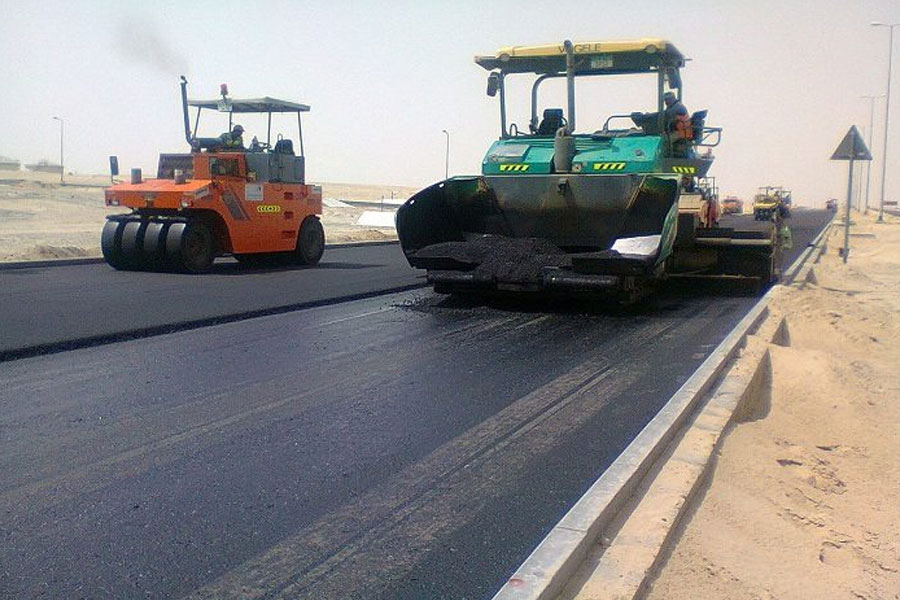
Fortune News | Jun 18,2022

Radar | Jan 15,2022
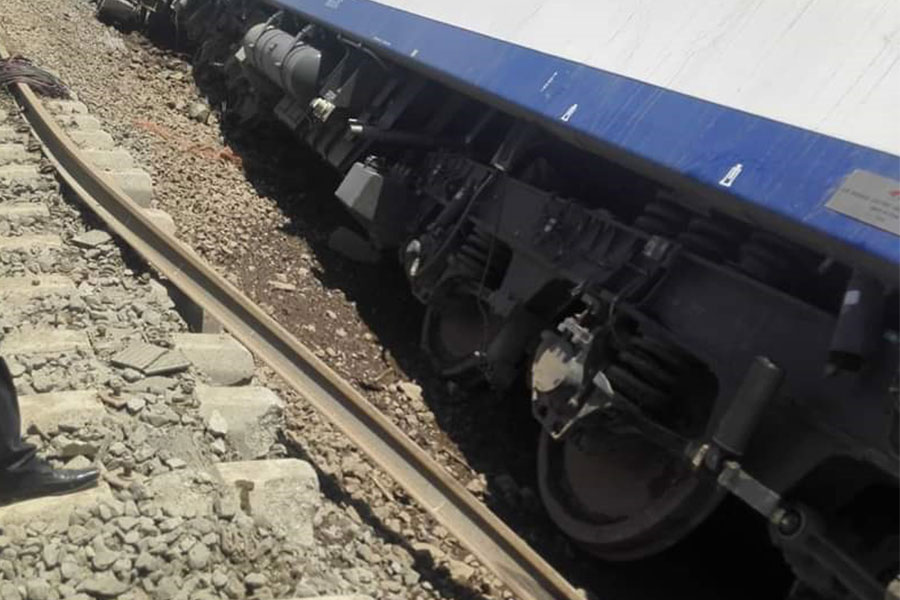
Fortune News | Apr 20,2019

Fortune News | Jun 29,2019
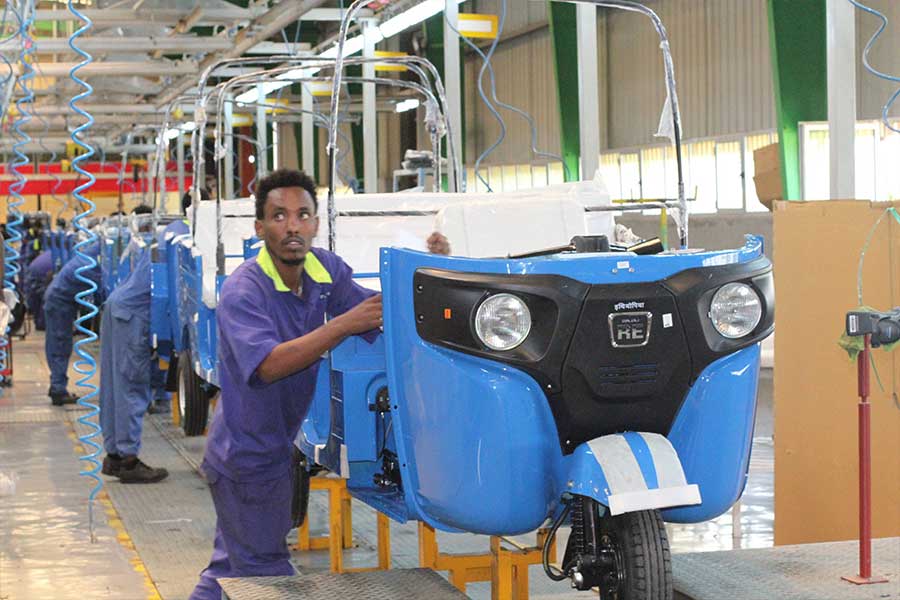
Fortune News | Nov 21,2020
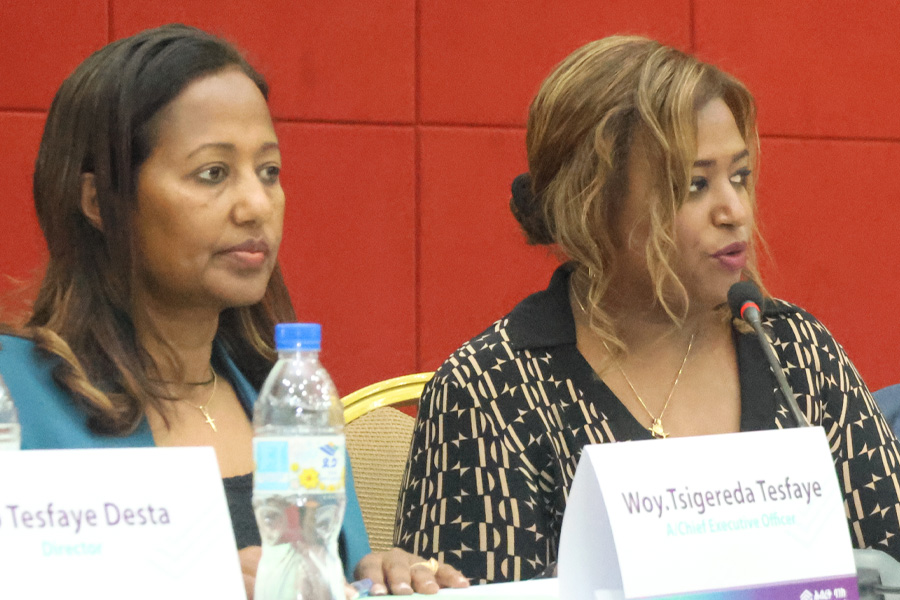
Radar | Dec 01,2024

Editorial | Apr 27,2024
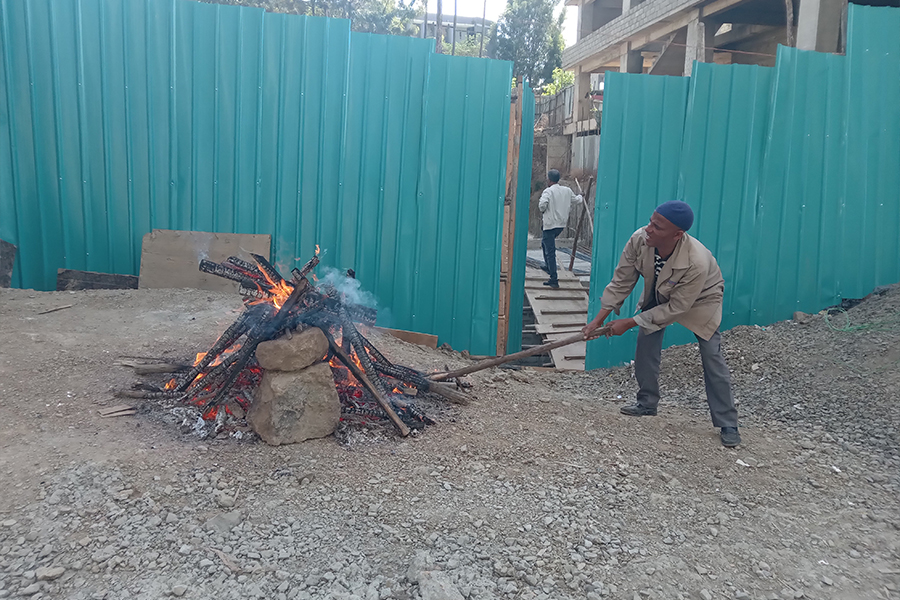
In-Picture | Mar 02,2024

My Opinion | Apr 15,2023

Dec 22 , 2024 . By TIZITA SHEWAFERAW
Charged with transforming colossal state-owned enterprises into modern and competitiv...

Aug 18 , 2024 . By AKSAH ITALO
Although predictable Yonas Zerihun's job in the ride-hailing service is not immune to...

Jul 28 , 2024 . By TIZITA SHEWAFERAW
Unhabitual, perhaps too many, Samuel Gebreyohannes, 38, used to occasionally enjoy a couple of beers at breakfast. However, he recently swit...

Jul 13 , 2024 . By AKSAH ITALO
Investors who rely on tractors, trucks, and field vehicles for commuting, transporting commodities, and f...

Jul 5 , 2025
Six years ago, Ethiopia was the darling of international liberal commentators. A year...

Jun 28 , 2025
Meseret Damtie, the assertive auditor general, has never been shy about naming names...

Jun 21 , 2025
A well-worn adage says, “Budget is not destiny, but it is direction.” Examining t...

Jun 14 , 2025
Yet again, the Horn of Africa is bracing for trouble. A region already frayed by wars...